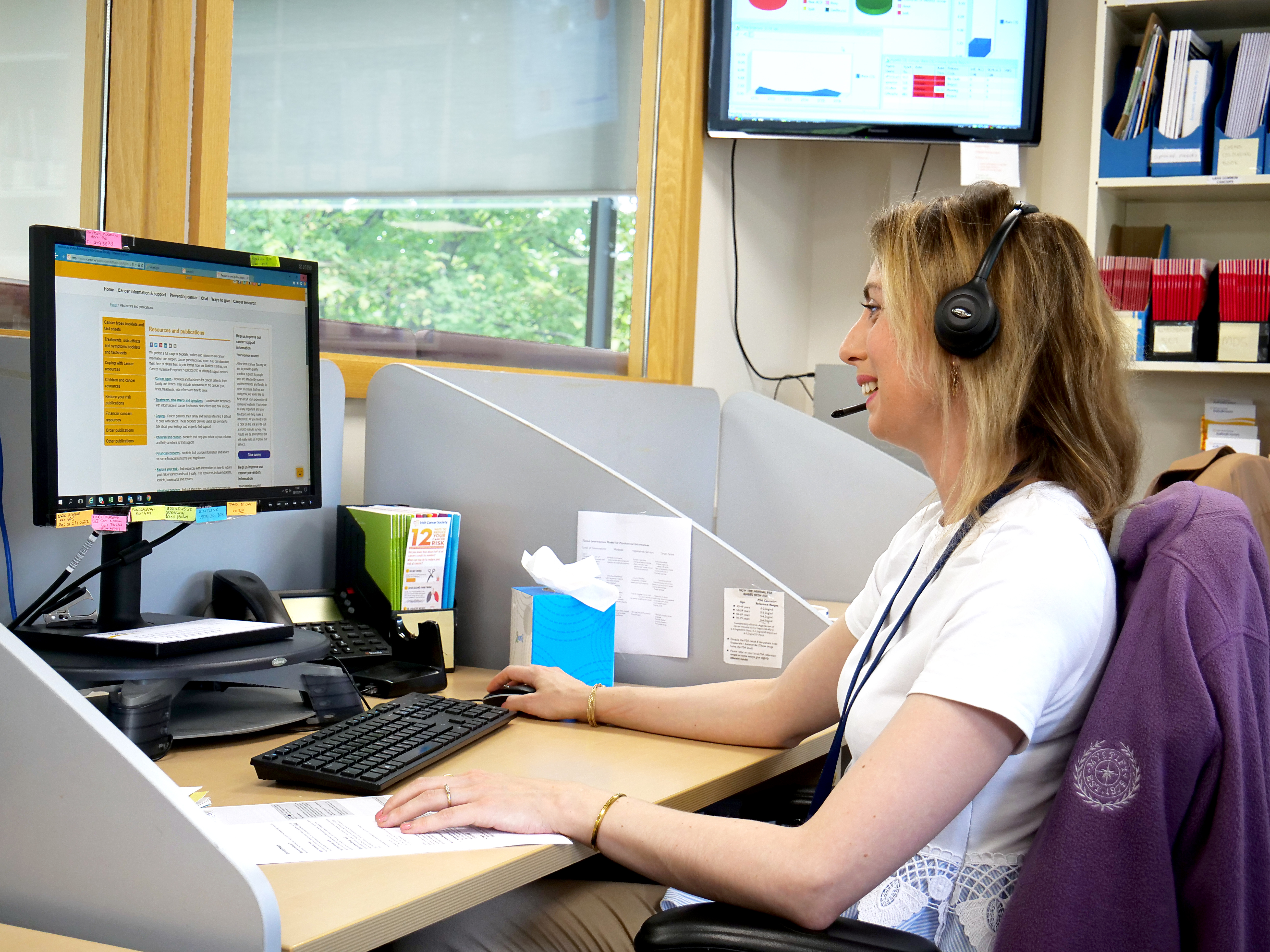Talking about your cancer
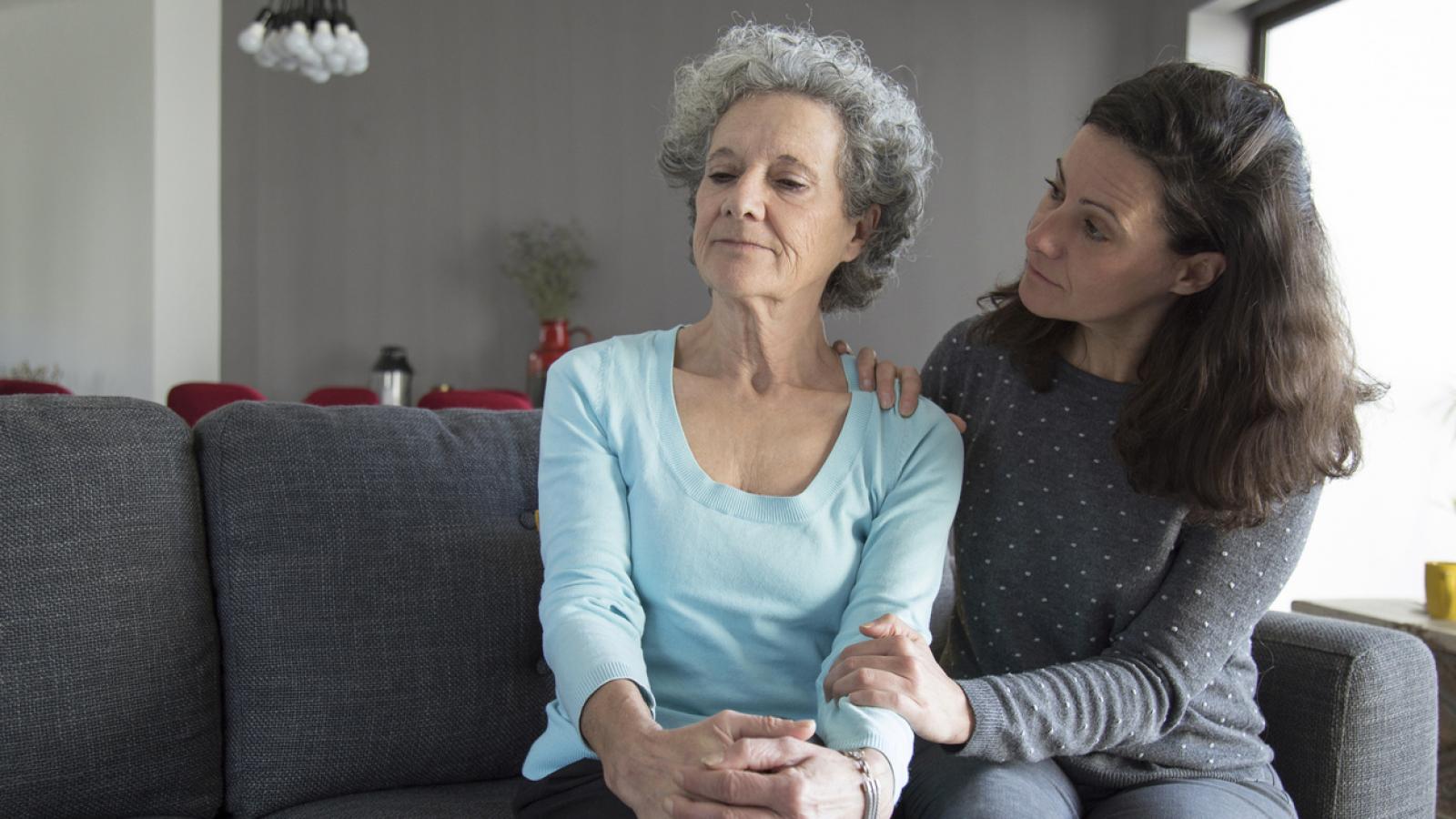
Talking about cancer can help you to share worries and get support, but it can be hard. You might feel awkward, embarrassed or too upset to express yourself the way you want to. This page has tips to help you.
You might also like to read our booklet, Understanding the emotional effects of cancer which has more advice:
Who can I talk to?
You may like to speak to different people, depending on what you want to talk about and how you’re feeling. For example:
Talking about your diagnosis
It can be hard to tell other people the news that you have been diagnosed with cancer.
You may want to talk about your diagnosis. Talking can help you to get support from friends and family.
You may prefer not to tell people straight away. You may need time to come to terms with your diagnosis, or you may not want to cope with other people’s reactions. For example, they may fuss over you or be upset.
Call our Support Line on 1800 200 700 or visit a Daffodil Centre if you would like to talk things over with a cancer nurse.
Our booklet Understanding the emotional effects of cancer can help you find ways to talk about your cancer and to ask for the help and support you need.
Talking to family or friends
Talking about your illness with your family or friends can be difficult at first. You might feel awkward and embarrassed or that you're burdening people with your worries and concerns. But remember, it’s important to give your family and friends the chance to talk openly with you.
They may not understand how you’re feeling or how best to help and support you.
If you find it difficult to speak to loved ones, you can talk to one of our cancer nurses in confidence. Call our Support Line on Freephone 1800 200 700 or visit a Daffodil Centre to speak to a specialist nurse. They can also advise you on other helpful services.

Communication tips
- Pick 2 or 3 things you really want to talk about.
- Be honest about your feelings. Acknowledge any strong emotion you or your listener might have.
- Describe your feelings rather than display them. For example, if you feel angry or resentful try to explain rather than act out.
- Don’t feel guilty about feeling a certain way. You are allowed to have these feelings.
- Tell the other person how much they mean to you.
- Don’t be afraid to say you're worried or unsure about the future.
- Allow your friend or family member to hug you or hold your hand. If that's uncomfortable, even sitting quietly together (or listening to music) can help.
- Don't be afraid to say if you are not sure about something. If you don't know how you feel or how you will cope, you should say so.
- Don’t worry if you start crying. Crying can release harmful feelings, reduce your stress and make communication easier.
Changing relationships: If you feel that people are treating you differently, try to talk openly to them and find out how they’re feeling and if there are any misunderstandings or problems. Tell them how you feel. If you find it hard, ask another family member or friend to talk to them.
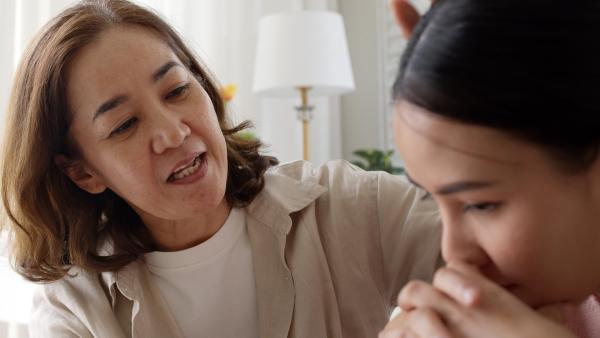
Talking to children and teenagers
A cancer diagnosis can affect an entire family. Children and teenagers may experience a range of emotions, from fear and guilt to loneliness and isolation. Trying to talk openly about your cancer can really help.
What should I tell my children?
How much you tell them will depend on their age and level of maturity. Very young children do not understand illness and need a simple reason why their parent or friend is sick and has to go to hospital regularly. Most children over 10 years can take in fairly full explanations.
It’s good to talk about cancer before an obvious change occurs, for example before hair falls out due to treatment.
Reassure them that your illness is not their fault. Even if they don’t show it, children may feel that they are somehow to blame.
Why it’s best for you to tell your children
It’s hard to keep cancer a secret, especially if someone in the family home is affected. Even very young children can detect changes in family life, such as tension, unusual comings and goings and changes in physical appearance.
If you talk about cancer to them, they will get accurate information and have the chance to ask any questions and share how they’re feeling. This is better than them finding out the truth from someone else or overhearing a private conversation at home or at school. Children can worry that the situation is far worse than it really is.
If you find it hard, you could ask the medical social worker, your specialist nurse or another healthcare professional at the hospital for support and advice on what to say.
Our booklet Talking to children about cancer has more information:

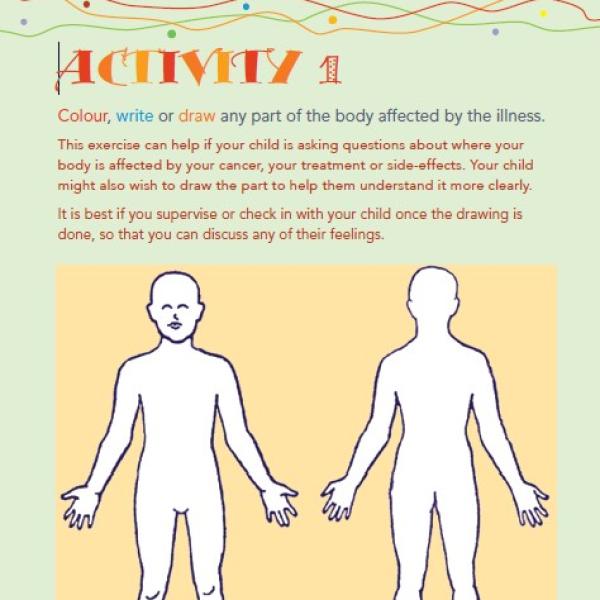
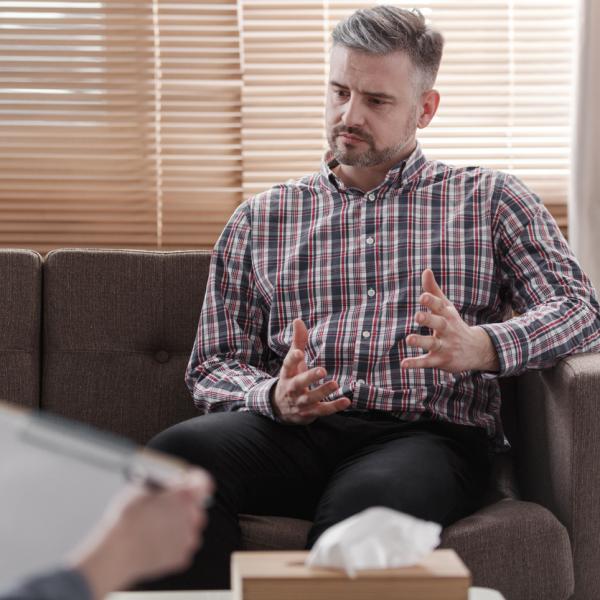
Talking to a counsellor
A trained counsellor who is not involved in your situation can help you to express your feelings, worries and fears and make sense of them. We fund free counselling sessions at many local cancer support centres. Call our Support Line to find out more or see our page about counselling.
We can put you in touch with a trained Peer Support volunteer who has had cancer and really knows what you’re going through. Or ask about support groups at your local cancer support centre.
You can also join our online community where you can talk to people going through the same thing.
Talk to us
If you find it difficult to speak to loves ones, or don’t have anyone close you want to talk to, you can talk to one of our cancer nurses in confidence. Call our Support Line on Freephone 1800 200 700 or visit a Daffodil Centre.
For more information
Phone
1800 200 700
